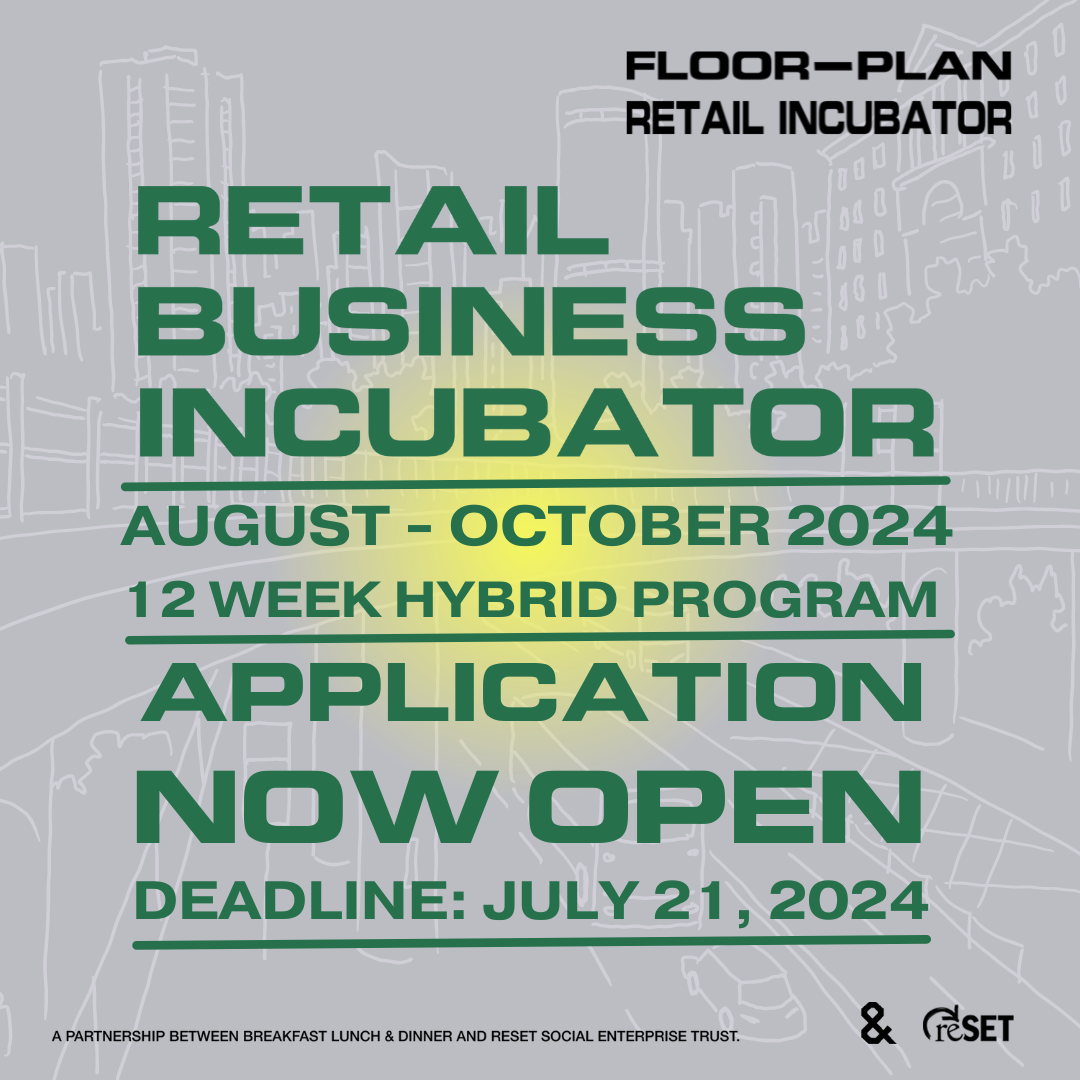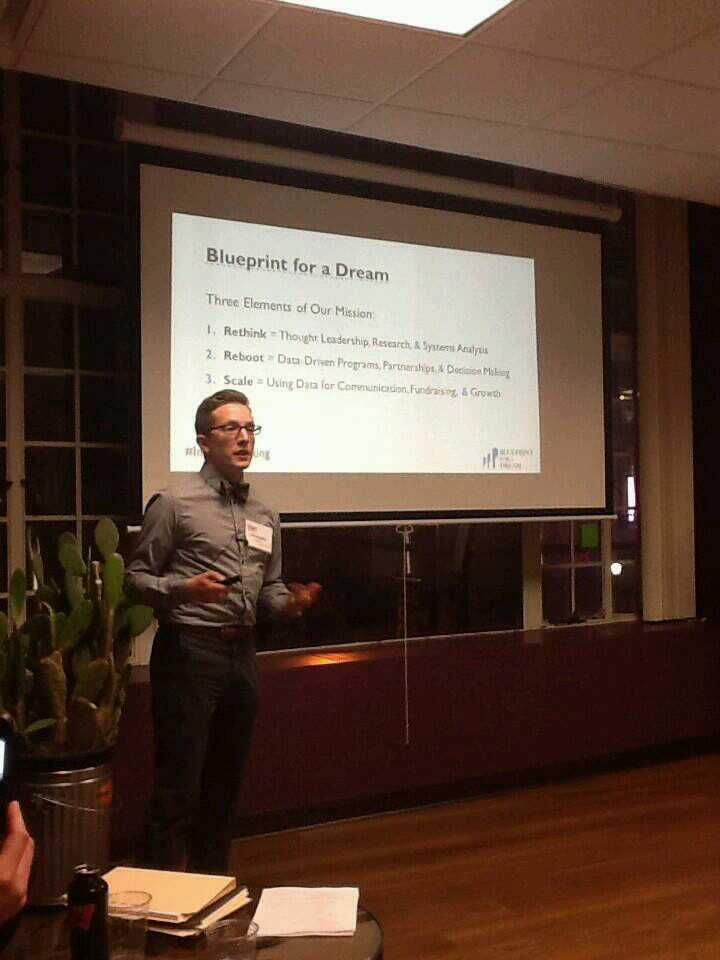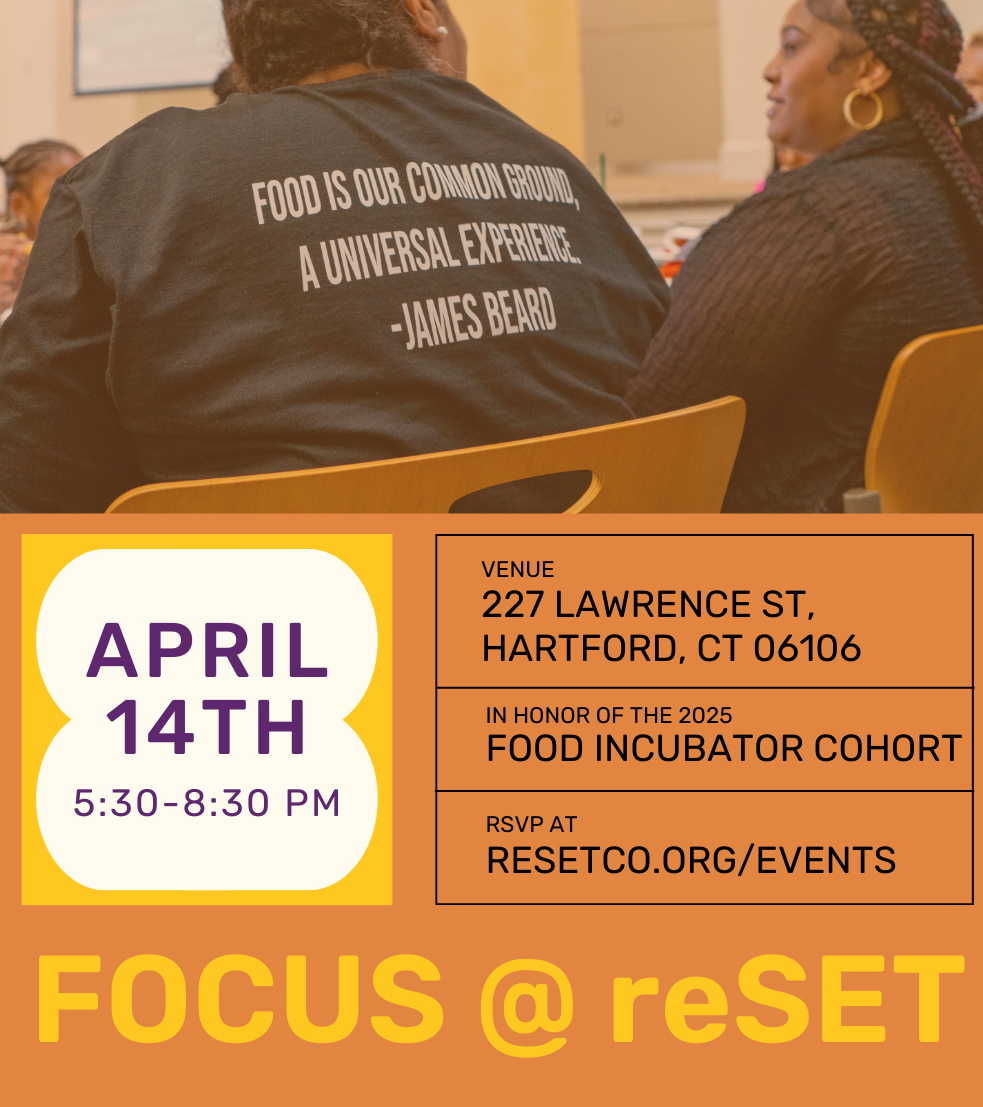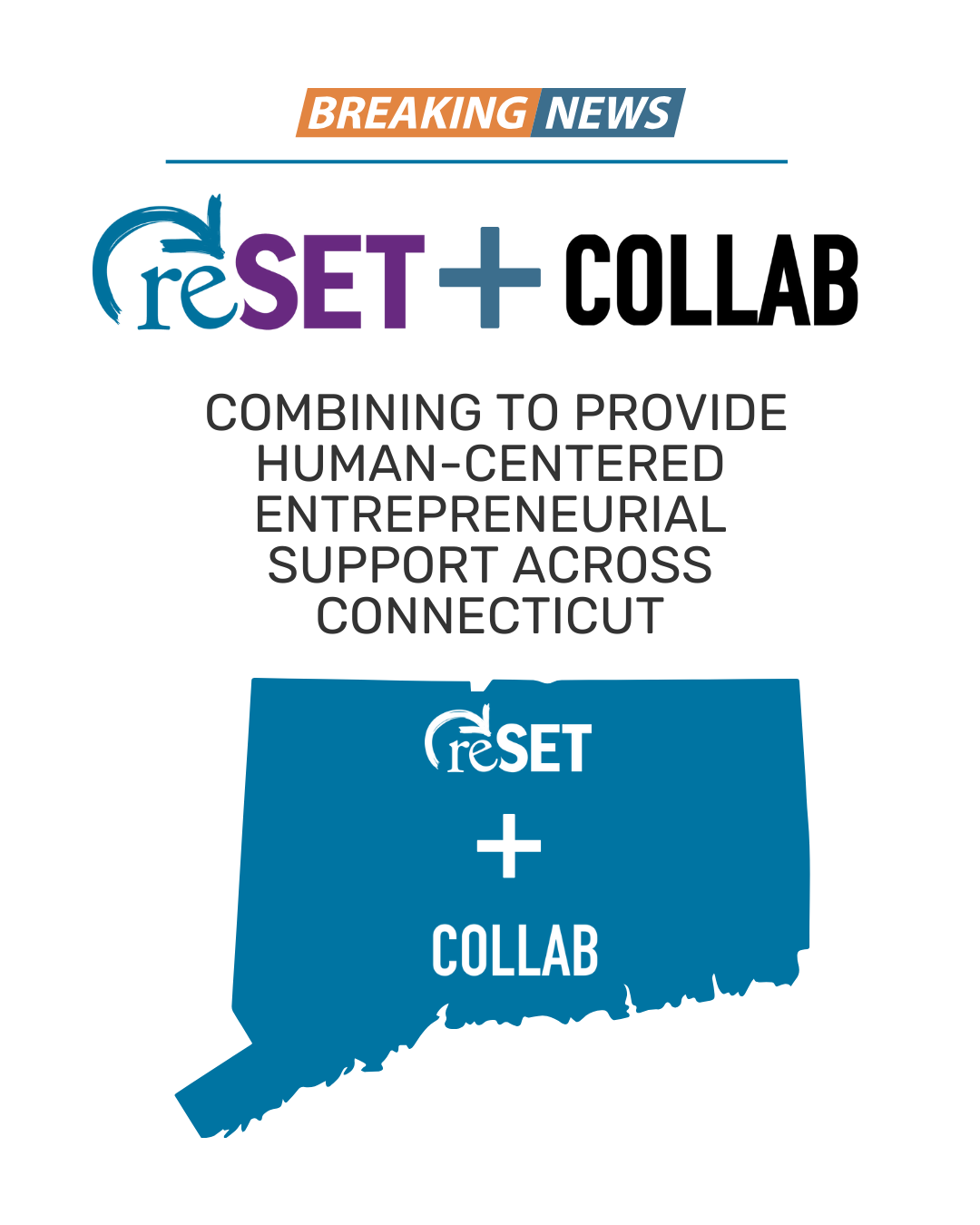By: James Woulfe
Blueprint for Impact helps nonprofits use data to rethink, reboot, and scale their social impact.
At reSET, we’re often questioned about the definition of social enterprise. After much debate, we have defined a social enterprise as “a business structured to solve social and environmental problems.” The social entrepreneurs building these businesses are on a mission to make a positive social or environmental impact. They’re businesses that operate with a multiple bottom line, which includes purpose and profits. But what does that (really) mean?
Social enterprise aren’t businesses that also do good, or sometimes do good ― they are businesses operating for the specific purpose of doing good ― to create a positive social and environmental impact. Social enterprises come in all shapes and sizes, with many different ways of creating a positive impact. Some, like Hartford’s Firebox Restaurant hire specifically from neighborhoods or communities with high unemployment. Others, like Wallingford-based Happy Life Coffee donate a percentage of their revenues or profits to charity. Some make specific products or deliver services that have a positive social or environmental impact. No two social enterprises are the same, but they all share the drive to generate more than just profits.
In the wake of the great recession, there has been increasing demand for companies to go beyond “business as usual.” As a result, right here in Connecticut there is a growing community of people who believe that businesses can provide solutions to our most troubling social and environmental problems, going beyond acting socially responsible, remaining neutral, or in some cases causing those problems.
What is unique about social enterprise is that the success of these businesses is driven by the market. They are not structured to rely on philanthropy or tax incentives to succeed. No one is required by law to support them. Whether they succeed or fail depends on the belief that through your decision to purchase one item over another, you can make a positive impact in your community, your state, or your planet. The onus is on you, the consumer. The choice is yours.
There are growing numbers of social entrepreneurs in Connecticut taking risks and launching social enterprises in the hopes of building a better world through business. Just as important, though, are the consumers who support them and hold them to a higher standard than “business as usual.” People like you.
How, you ask? You can support social enterprise right now. Here’s how:
One: Learn more. Students from grade school to grad school should learn about social enterprise in school. If students aren’t learning about social enterprise in the classroom, ask why not. If you’ve finished school, come to reSET to learn more. We want to help you understand how it works, and spread the word. From millennials to the Greatest Generation, everyone should have the opportunity to learn about social enterprise.
Two: Support Connecticut’s social enterprises through your consumer choices. Seek out companies like Combat2Career, an East Hartford-based social enterprise that provides veterans with services to help them transition from the military to higher education and civilian careers. Or The Walker Group, an IT services firm that distributes one third of its profits to shareholders, one third to employees, and one third to charity. Take a look at Glastonbury-based Fresh Farm Aquaponics, or Social Enterprise Award winner, Tuckerman & Co. Social enterprise isn’t just a concept. It’s real, and it’s right here in Connecticut.
Social enterprise takes on social and environmental problems and at the same time creates new jobs and tax revenue. It allows us to do good while doing business. That’s social enterprise ― really.









